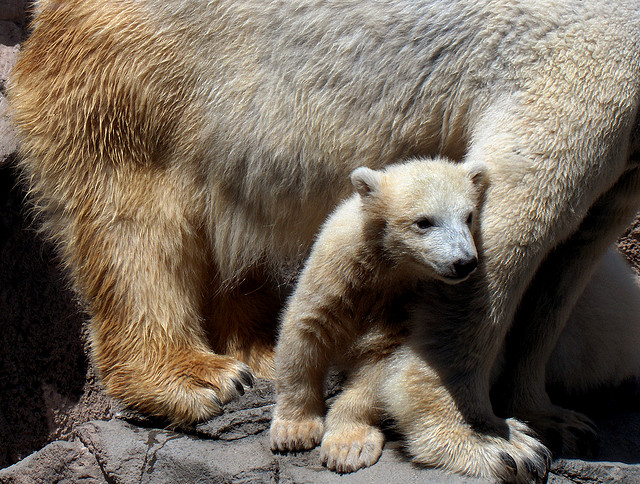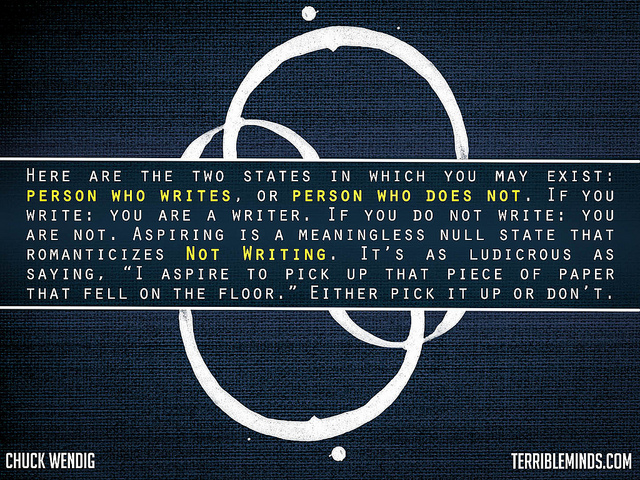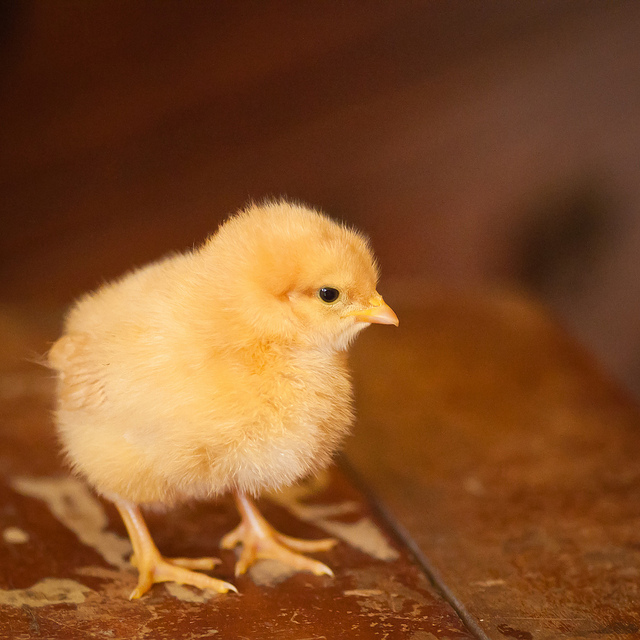
Just as a great cover will help sell a book, so will a great title.
That's what I've been doing for the past few days, researching how to create the perfect title. I'm kicking myself for not doing this while Chuck Wendig had his Titular Titles flash fiction challenge.
Here's what I've learned so far. A great title is:
1. Easy To Remember
There are few things more frustrating than someone telling me the title of a book they think I'd love and then not being able to remember it at the bookstore!
Help readers out, make the title of your work memorable. Yes, I know, that's easier said than done but there are a few simple tips.
Alliteration
Have you ever noticed that poetry is easier to memorize than prose? It has rhythm, meter.
Maryann Yin gives these titles as examples: When Crickets Cry and Wildflowers from Winter.
Short
This isn't always true, but I think it's best to try and keep a title to four words or less.
2. Interesting
In a way, many of the same things that can be said about what makes a character interesting can also be said about titles.
Contradictory qualities
Indiana Jones was a fearless adventurer, but he has an irrational fear of snakes. He'll face a wave of enemy soldiers without blinking but get near a snake? No thanks! Here are a few examples:
- War and Peace
- True Lies (This is a movie title, but it counts!)
- Eyes Wide Shut (ditto)
Descriptive
If you could make the descriptive title imply an action so much the better. Of course, again, that's much easier said than done. For example:
- Gone with the wind
- The Silence of the Lambs
- Fahrenheit 451
I thought The Silence of the Lambs was a brilliant title. Right there, at the very beginning, Thomas Harris discloses one of Clarice Starling's most private hopes/desires. We don't know that at first but, still, the title stays with us, in the back of our minds, as we read.
3. Indicates Genre
It can be difficult to do this. "The Doom of Planet 987" (I just made that up) indicates a scifi story but it feels contrived.
Ursula K. Le Guin has been particularly good at creating great titles that, while clearly indicating genre, are memorable and intriguing. For example:
- The Lathe of Heaven (One of my favorites)
- The Wizard of Earthsea
- City of Illusions
4. Is Funny
If you can do all the above and make it funny, you've got a winner. If, that is, humor would fit your genre. You might not want a humorous title on, say, a horror novel. That probably would mislead readers.
One of my all-time-favorite titles is Terry Pratchett's, "Going Postal."
Kim Harrison has clever titles for her Hollows books, many of them inspired by movies:
- Dead Witch Walking
- The Good, The Bad and The Undead
- For A Few Demons More
5 Tips For Brainstorming The Perfect Title
I love K.M. Welland's blog, she gives practical advice I frequently find myself using when I write. For example, in how to brainstorm titles. She writes:
i. Research titles in your genre.
Zoom by Amazon and take a look at your genre’s bestseller list. What do the top twenty titles have in common? Write down the ones that particularly pop out at you and note the elements that make them attractive. How can you replicate their effect?
ii. Consider your book’s text.
Your title makes a promise to readers about what they will find inside the book. So why not look inside the book itself to find the title? Are there any lines that pop off the page? Any particularly memorable or unique phrases? What one line in the book best sums up the theme, premise, or protagonist?
iii. Look up words in the dictionary.
Grab your dictionary and flip it open to a random page. Do any words pop out? Make a list.
iv. Analyze songs/poems/books.
One of my favorite techniques is to pull vivid imagery from songs, poems, and old books (the King James translation of the Bible is particularly full of strong and unique words). Make a list of the best phrases and start playing with them. A little clever wordplay can go a long way toward making your title stand out.
v. Free write.
Scribble down every title, word, or combination of words you can think of. I often cover pages in my notebook with various title ideas. Most are dumb, but there’s always one that finally pops out as the perfect representation of the book.
Examples Of Great Titles
Last, but certainly not least, I would like to share John Floyd's examples of great titles from his article Choosing The Right Name For Your Story.
- A title can be a popular expression. Gone for Good, Something's Gotta Give, The Horse's Mouth, The Usual Suspects, Good As Gold, The Whole Nine Yards.
- A title can be a play on words. (Sometimes a "twist" of an existing expression.) Burglars
Can Be Choosers, The Cancelled Czech, You Only Live Twice, Live and Let
Die, The War Between the Tates, A Hearse of a Different Color.
- A title can have a hidden meaning, later revealed in the story. The Green Mile, Rain Man, Dances with Wolves, Catch-22, Hearts in Atlantis, Cool Hand Luke, The Shipping News.
- A title can come from an existing work. (The Bible, Shakespeare, etc.) The
Grapes of Wrath, The Sound and the Fury, The Sun Also Rises, Absalom,
Absalom, All That Glitters, Something Wicked This Way Comes.
- A title can be a person's name. Hannibal, Goldfinger, Carrie, Hondo, Rebecca, Doctor Zhivago, Shane, Forrest Gump.
- A title can be a place name. Cold Mountain, Cimarron, Peyton Place, Jurassic Park, Lonesome Dove, Mystic River.
- A title can be a possessive. Portnoy's Complaint, Angela's Ashes, The Optimist's Daughter, Charlotte's Web.
- A title can be an association of ideas. Often these are words that have a "double meaning," and refer to more than one thing in a story. The Eye of the Needle, The Dead Zone, Misery, Silver Bullet, Lie Down with Lions.
- A title can be an "event" or "activity." (Use "ing" in the first word.) Pleading Guilty, Romancing the Stone, Waiting to Exhale, "Riding the Bullet," Raising Helen, Finding Nemo.
- A title can be a memorable line from the story itself. To Kill a Mockingbird, Tell No One, Sleepless in Seattle, The Eagle Has Landed, They Shoot Horses, Don't They?
- A title (if long) can have a "rhythm." Another kind of "play on words," this makes a longer title more pleasing to the ear--and easier to remember. The
Spy Who Came In from the Cold, The Sins of Rachel Cade, At Play in the
Fields of the Lord, Bring Me the Head of Alfredo Garcia.
- A title (if it fits the story) can be simple. Jaws, Shogun, Cathedral, The Exorcist, Ragtime, Lolita, Deliverance, Airport, "The Swimmer," Roots, Centennial, It, The Godfather.
If you're trying to think of a title I can't recommend K.M. Welland's and John Floyd's articles highly enough.
What is your favorite title?
Other articles you might like:
- Beware Damnation Books- Where To Find Cover Artists
- 10 Tips For Proofreading Your Manuscript
Photo credit: "After Catnip" by A.Davey under Attribution-NonCommercial-NoDerivs 2.0.










Stewart Williams at http://www.stewartwilliamsdesign.com/
Rebecca Swift at http://www.rebeccaswiftartwork.com/
Peter Ratcliffe at http://bit.ly/pDnfHo